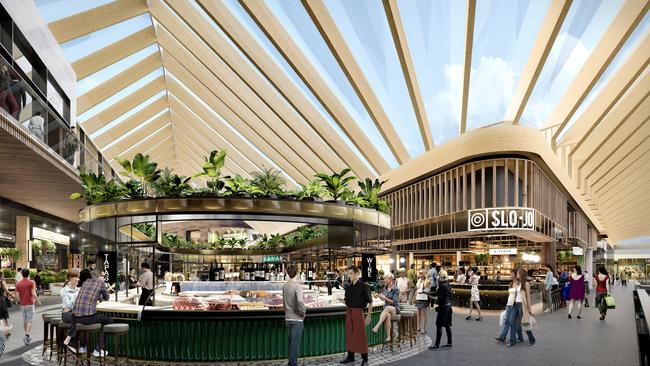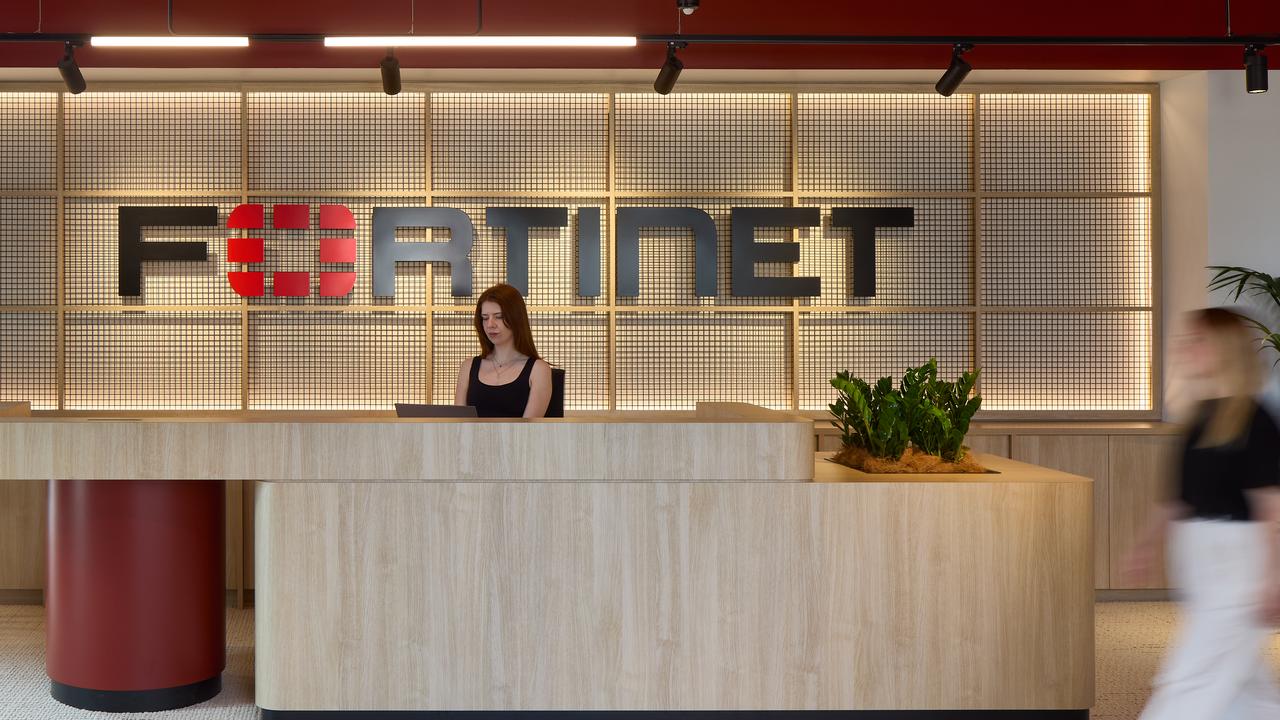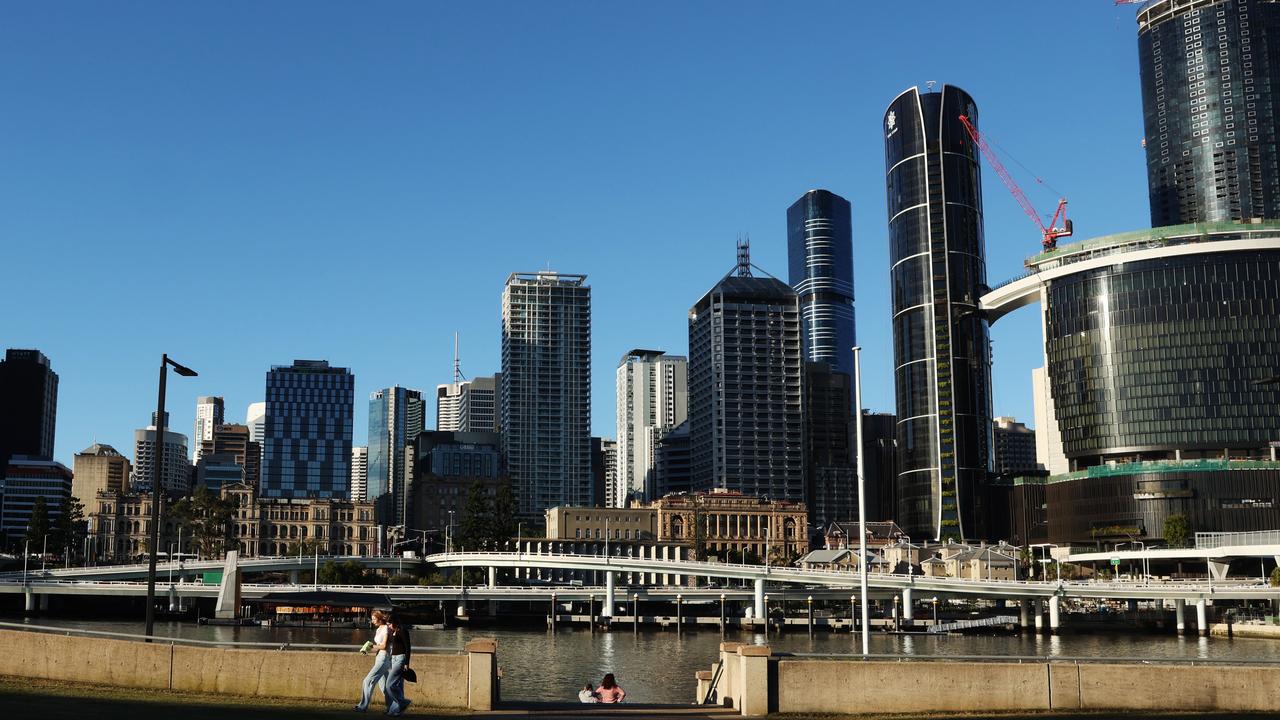Vicinity Centres wears $1.8bn loss as lockdowns hit malls
The retail landlord could not give guidance due to ongoing uncertainty about centres in Victoria and the push to extend the leasing code to help tenants.

Shopping centre giant Vicinity Centres has fallen to a $1.8bn loss on the back of falling mall values with the impact of the latest lockdowns in Victoria to hit in future periods.
The company, which co-owns Melbourne’s landmark Chadstone shopping centre with billionaire John Gandel, was slugged by a property valuation loss of $1.72bn and a goodwill impairment of $427m.
The landlord has been weighed down by its heavy exposure to Victoria and has also provided hefty rental waivers for tenants in response to COVID-19.
Vicinity’s distribution per security dropped to 7.7c for fiscal 2020, down from 15.9c in the prior year, and it did not pay a second half distribution due to the uncertain impacts of COVID-19.
Chief executive Grant Kelley said most of the second half was significantly impacted by the effects of COVID-19 but in states that had come out of restrictions, foot fall into centres was back to 2019 levels, although in NSW it was running at 60-65 per cent and Victoria lower again.
The under-pressure landlord is also calling for a refinement of the Morrison government leasing code if it is extended.
Vicinity has flagged longer term plans to convert some centres into mixed use developments but has pushed back immediate centre overhauls.
While the company has not given guidance and said it had agreed lease deals with a majority of tenants in the wake of the coronavirus hitting.
Vicinity said it was not resetting lease parameters for most tenants despite attempts by some larger chains to switch to percentage of turnover-based deals.
While about 95 per cent of retailers outside of Victoria have reopened, CBD centres are lagging and the company is also expecting more administrations.
The company warned its financial and operational performance was likely to continue to be impacted by the second wave in Victoria, delays in recovery of tourism and workers returning to CBD offices, and other economic and social effects of COVID-19.
It said it could not presently provide fiscal 2021 earnings and distribution guidance as it would not be reliable in the current uncertain circumstances.
JPMorgan analyst Richard Jones noted Funds From Operations, a key earnings metric, was down 24.3 per cent to $520.3m, and well below his forecast as low rent collection and high provisions from COVID severely impacted the result. “Vicinity is likely to trade at a discount until greater earnings certainty arises,” he said.
Vicinity estimates it will waive $109m and defer $33m of rent for fiscal 2020 and the hit on FFO was $169m.
The landlord received 49 per cent of rent payments for the June quarter and customer visitation across the portfolio sank to just 28 per cent for larger flagship centres and 71 per cent for core assets.
“We forecast retail income to stabilise at 85-90 per cent of 2019 levels in 2021,” JPMorgan said.
Like for like specialty sales growth plunged 10.3 per cent on a moving annual turnover basis and total MAT growth dropped 7 per cent.
Vicinity raised $1.2bn as the pandemic struck and has already taken an 11.3 per cent hit on the value of its portfolio but JPMorgan warned there would be a 30 per cent peak to trough decline in retail asset values.
UBS analysts said the COVID-19 impact in the second half was higher than expected on both waivers and rent provisions but occupancy of 98.6 per cent was slightly better than expected.
But it said Vicinity assets would remain under pressure given their CBD and Melbourne exposure and the securities were off by 2.8 per cent to $1.307 in early afternoon trade.



